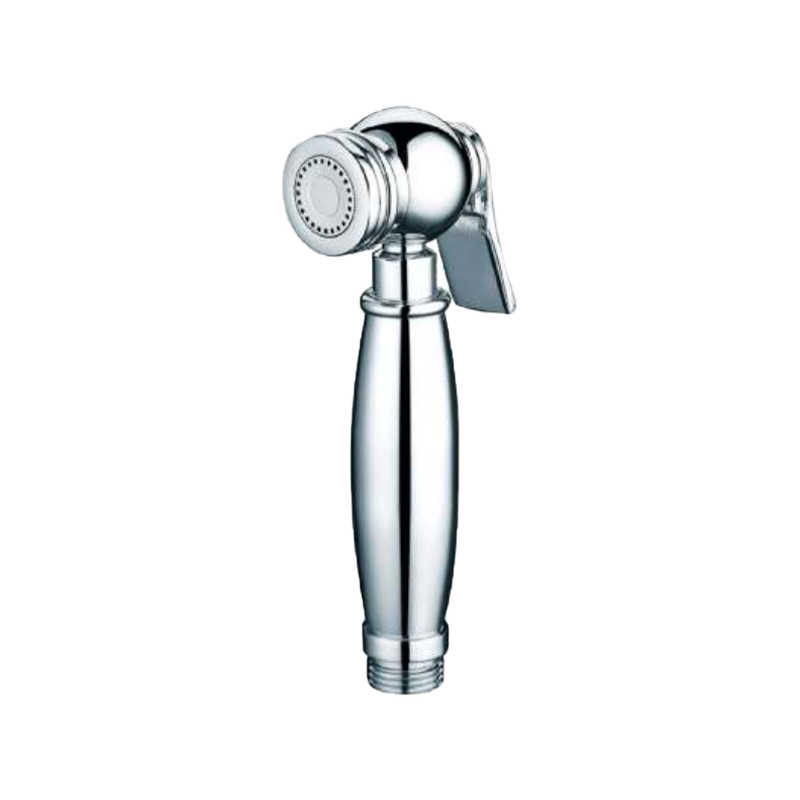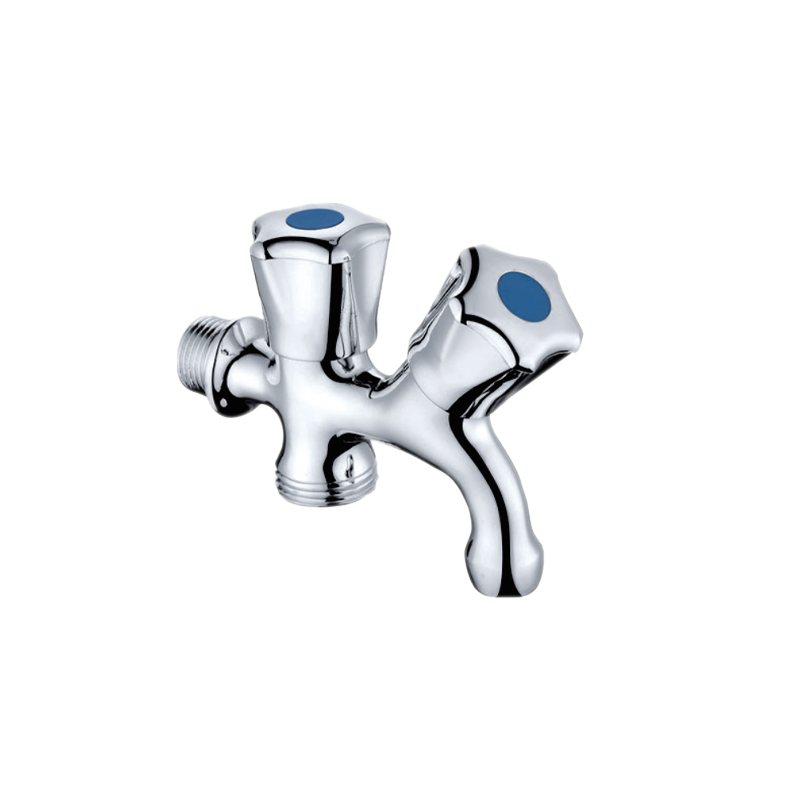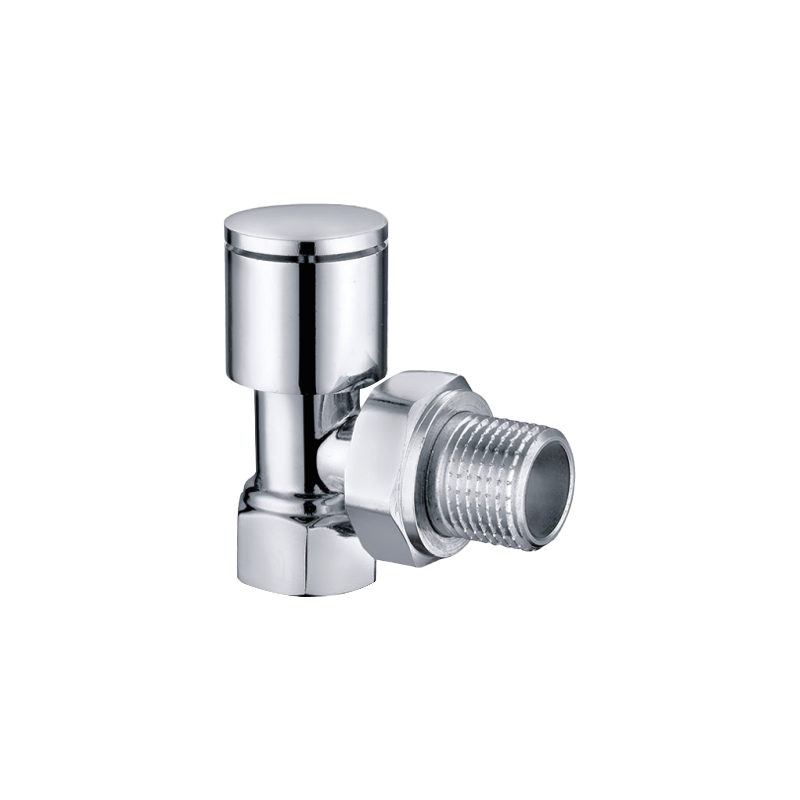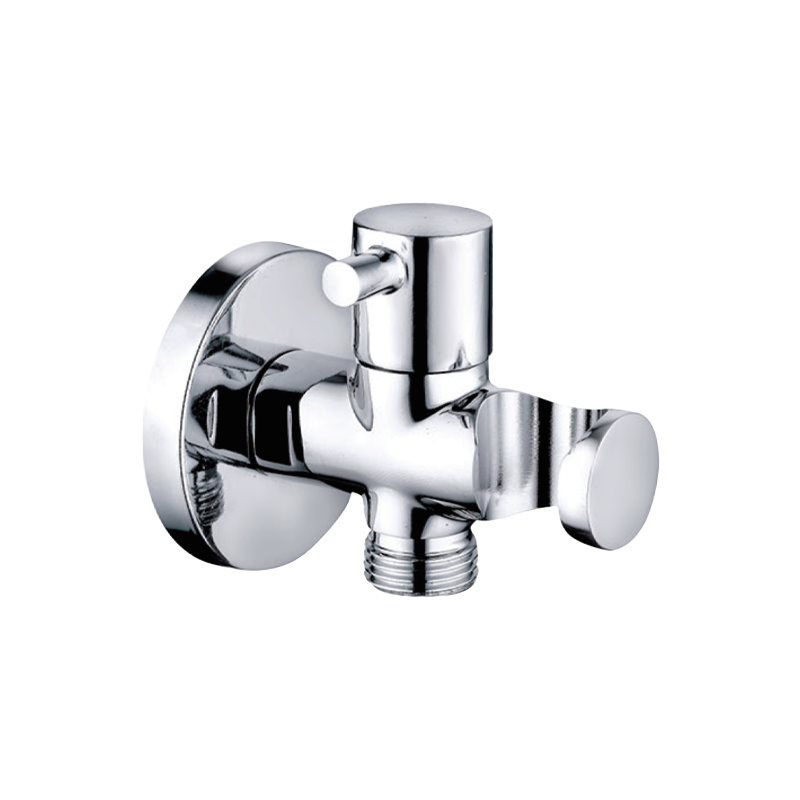In the world of plumbing fixtures and fittings, the brass angle valve stands as an unsung hero, quietly performing its vital role in maintaining water flow and controlling the distribution of water in residential and commercial settings. Despite its unassuming appearance, this unswerving component plays a pivotal role in ensuring the efficiency, durability, and safety of our plumbing systems.
Before we delve into the manifold benefits and applications of the brass angle valve, it's essential to understand its basic structure and functionality. A brass angle valve, also known as a stop valve or shut-off valve, consists of several key components:
Valve Body: The valve body is typically made of brass, a corrosion-resistant material known for its durability. It is designed to house the internal mechanisms of the valve.
Handle: The handle, often fashioned from metal or plastic, provides the means to open or close the valve. It is connected to the valve stem, allowing users to control the flow of water by turning the handle clockwise or counterclockwise.
Valve Stem: The valve stem connects the handle to the valve's internal components, facilitating the opening and closing of the valve.
Sealing Mechanism: The sealing mechanism, often composed of rubber washers or O-rings, is responsible for creating a watertight seal when the valve is closed, preventing leaks.
Inlet and Outlet Ports: The brass angle valve features inlet and outlet ports to which pipes or hoses are connected. These ports are threaded to accommodate a variety of plumbing connections.
The brass angle valve's versatility is one of its standout features, making it suitable for a wide range of applications in residential and commercial plumbing systems. Some of its primary uses include:
Toilet Supply Valves: Brass angle valves are commonly employed as toilet supply valves, allowing for the convenient shut-off of water to the toilet when repairs or maintenance are required. Their compact design is particularly advantageous in tight spaces behind toilets.
Sink Faucet Valves: In kitchen and bathroom sinks, these valves serve as shut-off points for the faucet's hot and cold water supply lines. They are essential for performing repairs or upgrades to faucets.
Washing Machine Valves: Washing machines require a reliable source of water and a way to shut it off when necessary. Brass angle valves are used to connect the machine to the water supply, ensuring easy access for repairs or maintenance.
Water Heater Valves: Water heaters often require shut-off valves for both the inlet and outlet pipes. Brass angle valves are a preferred choice due to their durability and resistance to high-temperature water.
Outdoor Faucets: In outdoor plumbing, such as garden hoses and irrigation systems, brass angle valves control water flow and can be used to shut off water to specific outdoor areas during colder months to prevent freezing.
Commercial Plumbing Systems: In commercial settings, brass angle valves are employed extensively throughout the plumbing infrastructure, providing efficient control over water flow to sinks, toilets, and appliances.
Benefits of the Brass Angle Valve
Durability: Brass, known for its corrosion resistance and strength, is the material of choice for angle valves. This durability ensures that angle valves can withstand the rigors of daily use and maintain their integrity over time.
Reliability: Angle valves offer precise control over water flow, allowing users to shut off water completely when needed. Their reliable performance minimizes the risk of leaks and water damage.
Easy Maintenance: Should maintenance or repairs be required, angle valves are designed for accessibility. Their simple construction and easy-to-replace sealing components make maintenance a straightforward process.
Versatile Connectivity: Brass angle valves come with standard threaded connections that are compatible with various plumbing fittings, ensuring ease of installation and compatibility with different pipe types.
Water Conservation: The ability to shut off water at the source promotes water conservation by preventing wasteful leaks and drips, which can contribute to significant water savings over time.

 English
English 中文简体
中文简体


.png)




